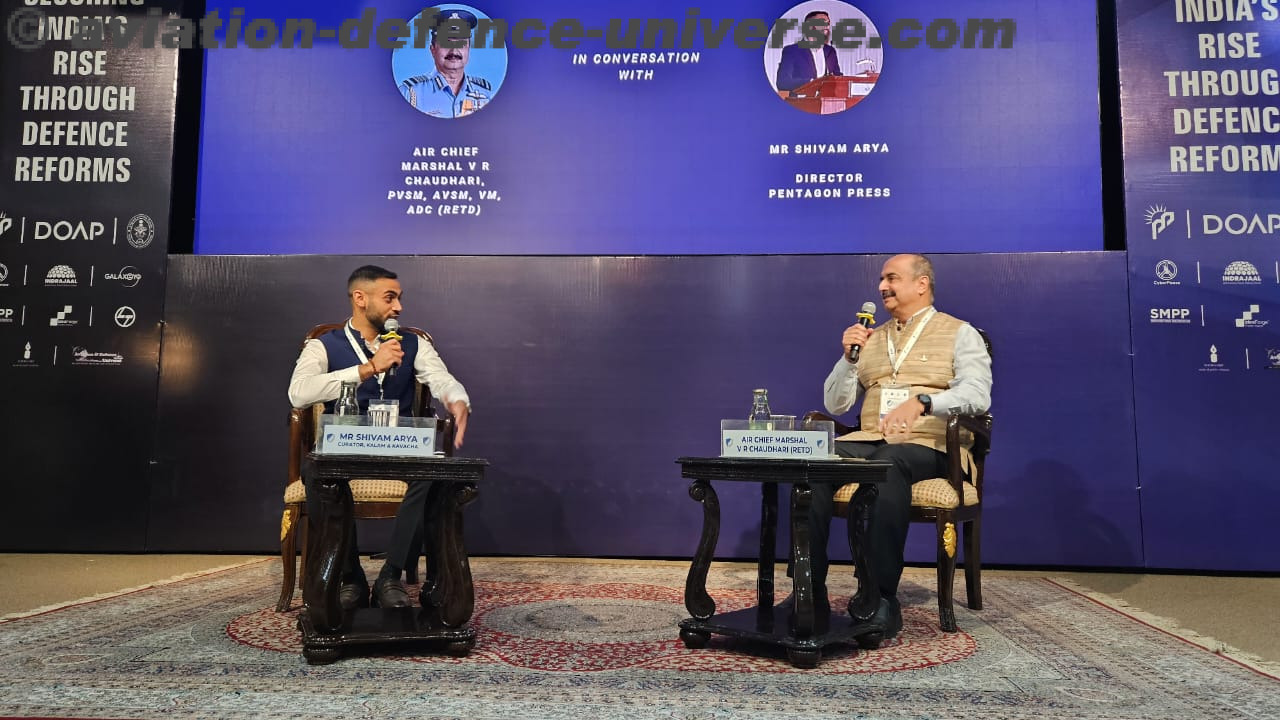608 – The city of Quebec was founded by Samuel de Champlain.
1775 – U.S. Gen. George Washington took command of the Continental Army at Cambridge, MA.
1790 – In Paris, the marquis of Condorcet proposed granting civil rights to women.
1844 – Ambassador Caleb Cushing successfully negotiated a commercial treaty with China that opened five Chinese ports to U.S. merchants and protected the rights of American citizens in China.
1863 – The U.S. Civil War Battle of Gettysburg, PA, ended after three days. It was a major victory for the North as Confederate troops retreated.
1880 – “Science” began publication. Thomas Edison had provided the principle funding.
1898 – During the Spanish American War, a fleet of Spanish ships in Cuba’s Santiago Harbor attempted to run a blockade of U.S. naval forces. Nearly all of the Spanish ships were destroyed in the battle that followed.
1903 – The first cable across the Pacific Ocean was spliced between Honolulu, Midway, Guam and Manila.
1930 – The U.S. Congress created the U.S. Veterans Administration.
1938 – United States President Franklin D. Roosevelt dedicates the Eternal Light Peace Memorial and lights the eternal flame at Gettysburg Battlefield.
1940 – World War II: In order to stop the ships from falling into German hands the French fleet of the Atlantic based at Mers El Kébir, is bombarded by the British fleet, coming from Gibraltar, causing the loss of three battleships: Dunkerque, Provence and French battleship Bretagne. One thousand two hundred sailors perish.
1944 – World War II: Minsk is liberated from Nazi control by Soviet troops during Operation Bagration.
1944 – The U.S. First Army opened a general offensive to break out of the hedgerow area of Normandy, France.
1945 – U.S. troops landed at Balikpapan and take Sepinggan airfield on Borneo in the Pacific.
1945 – The first civilian passenger car built since February 1942 was driven off the assembly line at the Ford Motor Company plant in Detroit, MI. Production had been diverted due to World War II.
1950 – U.S. carrier-based planes attacked airfields in the Pyongyang-Chinnampo area of North Korea in the first air-strike of the Korean War.
1952 – The Constitution of Puerto Rico is approved by the United States Congress.
1952 – The SS United States sets sail on her maiden voyage to Southampton. During the voyage, the ship takes the Blue Riband away from the RMS Queen Mary.
1954 – Food rationing ended in Great Britain almost nine years after the end of World War II.
1967 – The Aden Emergency: The Battle of the Crater in which the British Argyll and Sutherland Highlanders retake the Crater district following the Arab Police Mutiny.
1969 – Space Race: The biggest explosion in the history of rocketry occurs when the Soviet N-1 rocket explodes and subsequently destroys its launchpad.
1970 – The Troubles: The “Falls Curfew” begins in Belfast, Northern Ireland.
1974 – The Threshold Test Ban Treaty was signed, prohibiting underground nuclear weapons tests with yields greater than 150 kilotons.
1979 – U.S. President Jimmy Carter signs the first directive for secret aid to the opponents of the pro-Soviet regime in Kabul.
1988 – United States Navy warship USS Vincennes shoots down Iran Air Flight 655 over the Persian Gulf, killing all 290 people aboard.
1988 – The Fatih Sultan Mehmet Bridge in Istanbul, Turkey is completed, providing the second connection between the continents of Europe and Asia over the Bosphorus.
2013 – Egyptian coup d’état: President of Egypt Mohamed Morsi is overthrown by the military after four days of protests all over the country calling for Morsi’s resignation, to which he didn’t respond. President of the Supreme Constitutional Court of Egypt Adly Mansour is declared acting president.
























































































































